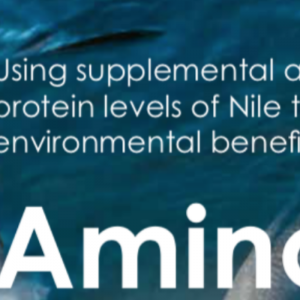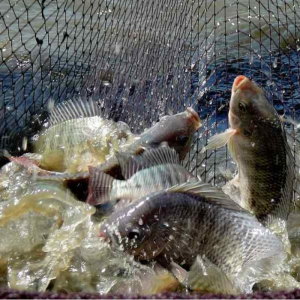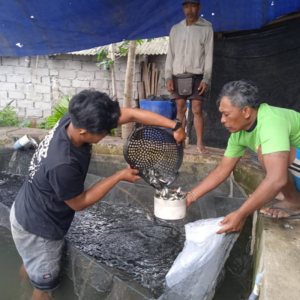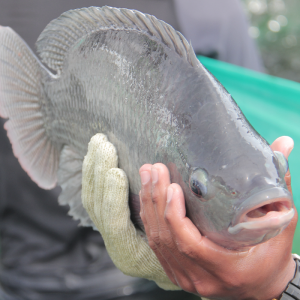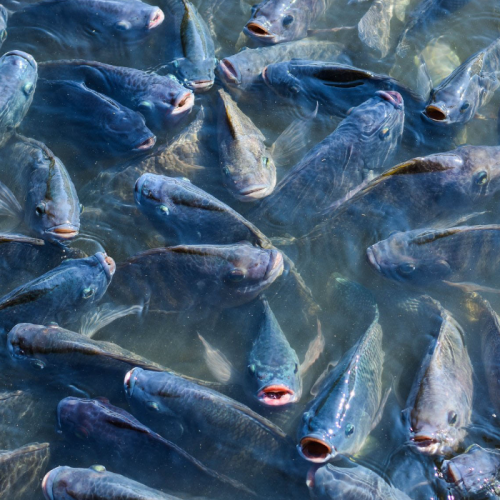
Impact of Azomite on Sperm Quality in Fish
| Mon, 20 Sep 2021 - 15:20
Azomite is commonly used to enhance growth performance and disease resistance in fish and shrimp. The following study also showed a positive effect of Azomite on the sperm quality of tilapia.
The reproductive process of fish is similar to that of other animals and is directly influenced by sex hormones, which are essential for sperm formation, gonadal development and re-maturity. In particular, sperm concentration, volume, quantity, and motility are the main quality indicators that play an important role in assessing sperm quality.
Azomite is a natural mineral that can be used as a feed additive in animal husbandry, aquaculture and organic agriculture that has been certified as safe by the US Food and Drug Administration (FDA). Based on elemental analysis, Azomite contains high concentrations of zinc (Zn) and selenium (Se). Several reports have documented the positive effects of Azomite supplementation on growth, survival, and immune responses of aquatic organisms.
Read more: Why Need to Add Minerals to Fish and Shrimp Feed?
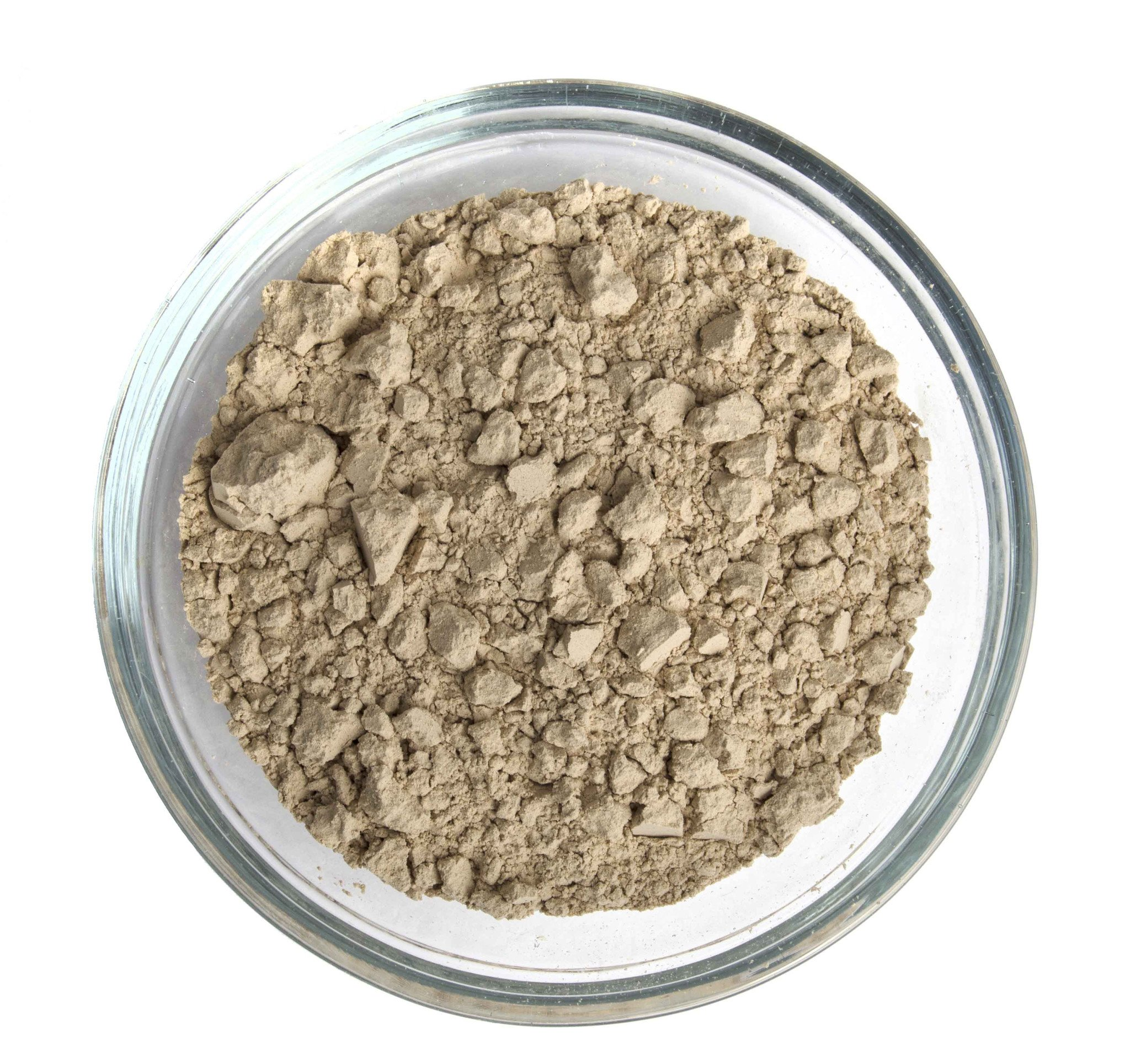
Azomite is a natural mineral commonly used in agriculture and aquaculture.
For example, the ability to improve survival, body weight gain, protein ratio, growth rate, feed efficiency and disease resistance in tilapia against A. hydrophila at doses amount of addition of Azomite 4 and 6 g/kg. Furthermore, the use of Azomite in the diet of whiteleg shrimp at dosages of 2 and 4 g/kg improved growth efficiency and enhanced disease resistance.
In addition, previous studies have demonstrated that antioxidants along with trace elements such as Magnesium (Mg), Selenium (Se), Strontium (Sr) and Zinc (Zn) provide positive effects. for sperm quality parameters such as velocity and distance traveled. However, copper (Cu) and mercury (Hg) content had negative results on sperm motility, especially in carp (Cyprinus carpio ).
Male tilapia (O. mossambicus) collected from the aquaculture farm after acclimatization in laboratory conditions for 21 were divided into 4 groups and fed with feed supplemented with Azomite in different concentrations. each other is 0 g/kg (control); 2, 4 and 6 g/kg. The experiment was conducted for 8 weeks. After the end of the experiment, sperm were collected by gently pressing on the abdomen.
Read more: Genetics Influences Physical Fitness of Tilapia
The first drop of sperm and the external genital area is wiped with distilled water, then dried with tissue paper to prevent contamination of urine, feces, and blood. Samples were stored at 4°C, protected from sunlight, and examined within 1 hour of collection including count, volume, survival time, and motility of sperm along with sperm count. sex hormone levels.
The results showed that the sperm count and volume reached the maximum in the group of fish supplemented with 4g/kg Azomite. Similarly, the time to spermatogenesis was increased by more than 50% as well as the sex hormones in the samples were significantly improved compared with the control and other Azomite supplement groups. Sperm usually move in 2 minutes in many freshwater fish, compared to 30 seconds in many other species. According to the results in the present study, the longest sperm migration time, 105 seconds, was achieved in the 4 g/kg Azomite group.
Overall, this is the first study to evaluate the effects of dietary Azomite supplementation on sperm quality indices in tilapia under laboratory conditions. The present study showed that Azomite supplementation at a dosage of 4 g/kg enhanced sex hormone levels and sperm quality indices due to the presence of trace minerals (Zn, Cu, Cr and Se). Essential for the development of testes, formation and maturation of sperm. Therefore, more in-depth studies to evaluate and apply Azomite to other fish species in the aquaculture field are needed.
Source: tepbac.com













